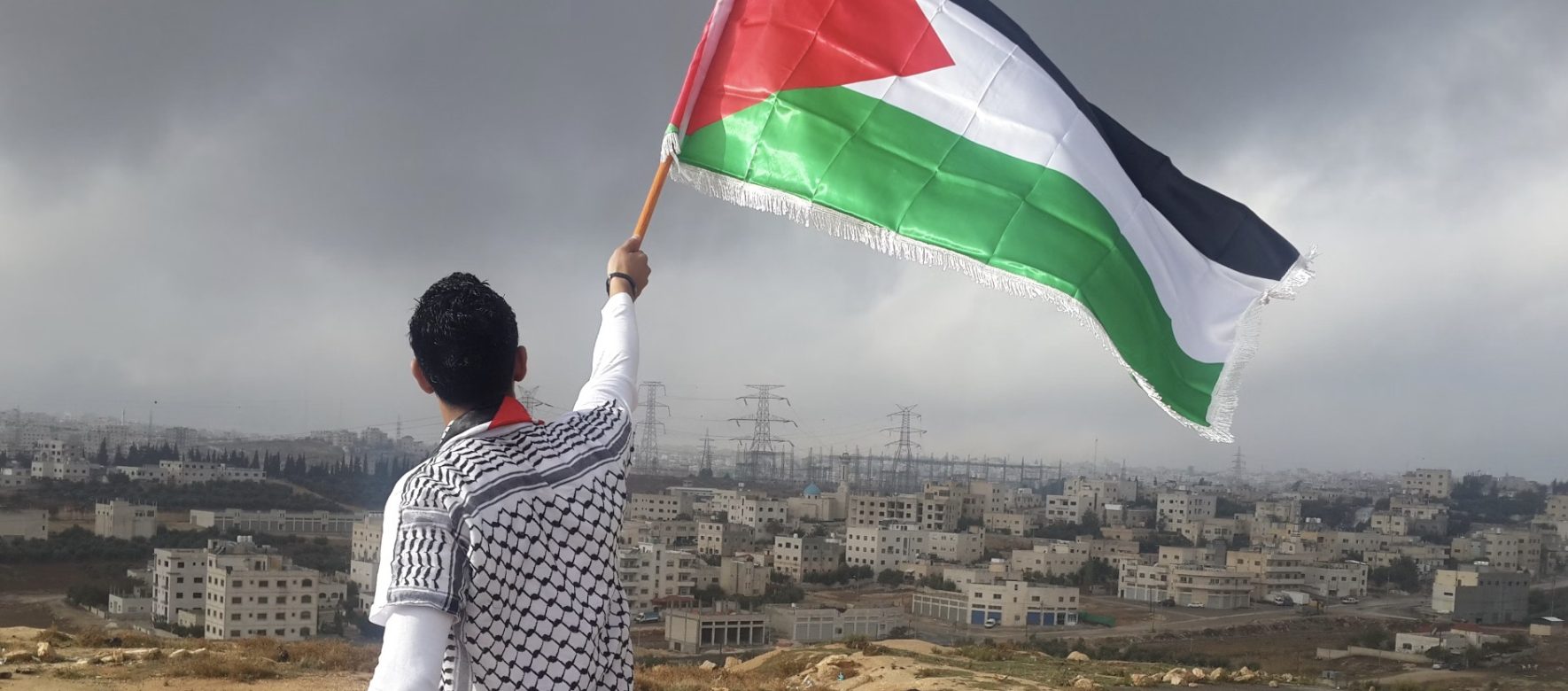Trade crossing points to and from the Palestinian Territories are marked by Israeli restrictions that massively erode the competitiveness of Palestinian exports. The average cost of a transaction is 3 times higher for a Palestinian company and the average duration of the import process is almost 4 times longer.
Furthermore, restrictions and closures of commercial crossings since 2007 have caused a rift between the (internal) markets of the Gaza Strip, the West Bank and East Jerusalem on the one hand and external markets on the other. These obstacles create an asymmetrical relationship of dependence on Israel, which establishes itself as the main trading partner. The World Bank estimates that removing restrictions could triple the growth of the Palestinian economy.
More than three quarters of Palestinian exports are sent through Israeli ports.
Exports mainly pass through the port of Ashdod, and, to a lesser extent, via the port of Haifa. According to a study by the Palestinian Transport Council, delays linked to security criteria result in an average additional cost of $756 per shipment. Since the outbreak of war, exporters have faced an additional increase in costs (+30%).
The Allenby Bridge is the only international crossing point in the West Bank authorized by the Israeli authorities.
The lack of adequate storage space and bonded areas near the bridge leads to goods being transferred by truck to Ashdod port for storage and processing, leading to increased shipping costs. transport as well as extended deadlines.
Also, despite the signing of an Israeli-Jordanian agreement in 2021 to increase the share of the value of Jordanian exports to Palestine to $700 million per year, the annual volume of trade between Jordan and Palestine exceeds this. rarely half. Since October 2023, Israeli authorities have closed the bridge several times to the movement of goods and people.
The Karem Abu Salem crossing is the commercial route between Israel and the Gaza Strip, through which construction materials, goods, fuel and food are transported.
The Israeli Ministry of Defense charges between $70 and $200 for each Israeli truck of goods entering, which would have resulted in nearly $15 million in fees paid since 2019. While more than 60% of aid to Gaza went through this terminal before the outbreak of war, it was closed between October 7 and December 15, 2023. According to the United Nations, no aid has passed through this crossing point since the start of the war.
Since the Rafah crossing point was formalized in 1979, after the signing of peace agreements between Egypt and Israel, its closure has been and its opening the exception.
Under a 2007 agreement between Egypt and Israel, imports from Gaza must be approved by Israel. Following October 7, 2023, Israel declared Errez and Karem Abu Salem closed until further notice, making the Rafah border crossing the only point of entry and exit to the enclave and therefore the only crossing point for humanitarian aid.
In this context, the takeover of Rafah by the Israeli army raises fears of a further deterioration of the humanitarian situation in the enclave and also leads to tensions with Egypt.
Source French Embassy in Jerusalem








Réagissez à cet article